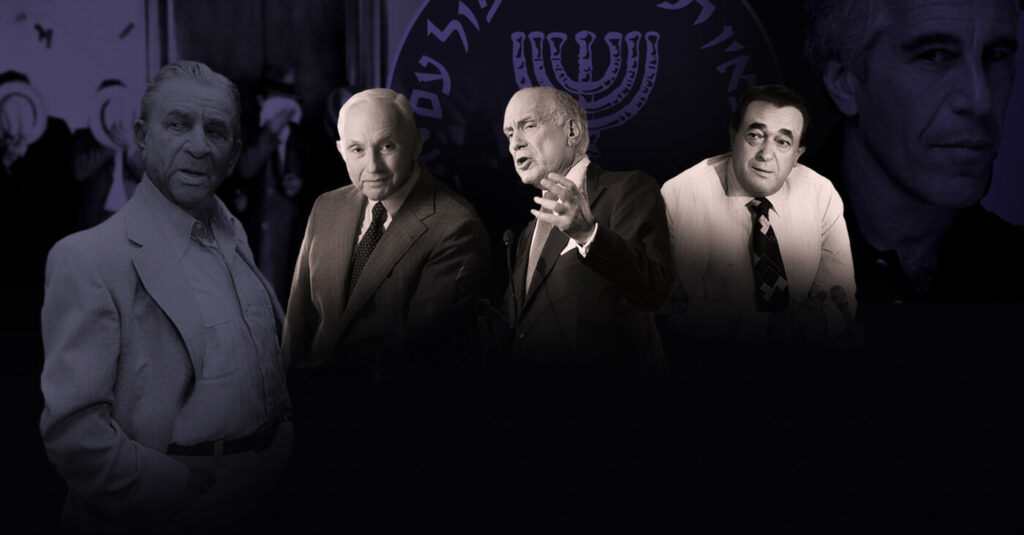Cameroon's incumbent president, Paul Biya, has officially declared his intention to run for re-election in the upcoming October polls, marking an ambitious attempt to extend his tenure to an unprecedented 43 years. At 92 years of age, Biya is the oldest sitting head of state globally, and he announced his candidacy in a post shared on social media platform X.
In his message, Biya assured citizens of his unwavering commitment to address the pressing challenges facing the nation, citing overwhelming public support from both domestic and diaspora communities as a motivating factor for his decision. His administration has been marred by multiple issues, including allegations of corruption, mismanagement, and ongoing security crises, raising questions about his fitness to continue in office. Speculation about his health has also increased, particularly following an extended period of absence from public life last year.
Biya’s candidacy, anticipated yet only recently confirmed, means that if he secures another term, he could maintain power until he reaches nearly 100 years of age. Calls for new leadership have been amplified both within Cameroon and abroad, where critics argue for a generational transition. These concerns are accompanied by internal party dynamics, as key allies from northern regions have distanced themselves from Biya, announcing independent candidacies which further complicate his re-election efforts.
Public trust in Biya's administration has been shaken, as voiced by former minister Issa Tchiroma Bakary, who criticized the ruling coalition as having "broken" their trust with the people. Opposition figures, including notable candidates such as Maurice Kamto and Joshua Osih, have also declared their intent to contest, setting the stage for a potentially contentious electoral battle.
In a significant move, Biya's 2008 decision to abolish presidential term limits allows him to run indefinitely, a legal edge he has utilized to great advantage. Despite winning the last presidential election in 2018 by a considerable margin, accusations of electoral misconduct have marred his administration's legitimacy.
As the national voting day approaches, the political landscape in Cameroon is heating up, making this election pivotal in determining the country's future direction.




















